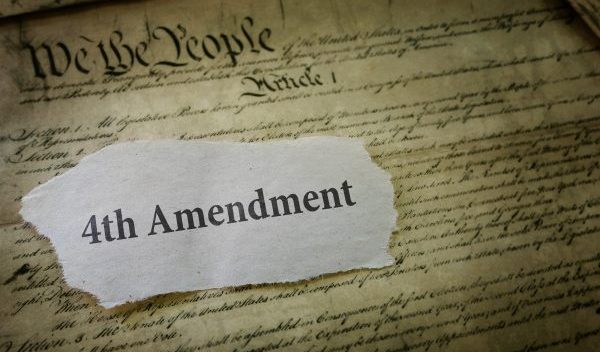Your Fourth Amendment right permits you to a certain degree of privacy, and in most cases, law enforcement must obtain a warrant in order to legally perform a search and seizure event on your home, office, storage unit, car, or anywhere else you would have a reasonable expectation of privacy. So when being presented with a search warrant by law enforcement, you’ll first want to make sure it is a valid one.
There are three things to look for on a search warrant to have this assurance. Continue reading to learn what they are, as well as, what you should do if you are charged with a crime following a search and seizure.

Indianapolis Criminal Defense Law Firm 317-636-7514
Search Warrant Process
All search warrants must be filed in good faith by a law enforcement officer, and they must include reliable evidence that shows probable cause to search a premises. Aside from this fundamental requirement, a valid search warrant will have 3 specific elements: a magistrate’s signature, a description of the premises to be searched, and a description of the items to be seized.
❶ Magistrate Signature
Before a search warrant can go into effect, it must be approved and signed by an impartial magistrate of the law. A valid search warrant will have a magistrate’s signature on the document. If this is not present, it is not likely a valid search warrant.
❷ Description of Premises
A search warrant must also always state the where the search is to take place. If there is no description on a search warrant of an area law enforcement want to search, they cannot legally perform the search. A description does not have to be detailed though; it can be as simple as an address of a residence or building. However, if a cop has a search warrant for a storage unit, they cannot also search the person’s vehicle; they would need a separate warrant for that search.
❸ Description of Items to Be Seized
Not only must a search warrant contain a magistrate’s signature and a description of the premises to be searched, it must also specify which items are to be confiscated. There are some exceptions to this rule. For instance, law enforcement can confiscate certain contraband, such as illicit drugs, if they are in plain sight, even if they are not listed on the warrant.
What Happens if You Resist a Search
There are several complexities involved with an officer’s right to perform legal searches without warrants, so you may be confused on whether or not your 4th Amendment right applies. In fact, a person can potentially be arrested and held in custody for resisting a search. If you believe you were unfairly searched, you can always file a claim afterwards that alleges a violation of your rights. Talk to a licensed Indianapolis criminal defense lawyer to learn your rights and get help with your case.
Indianapolis Criminal Defense Law Firm

David E. Lewis Attorney at Law 317-636-7514
